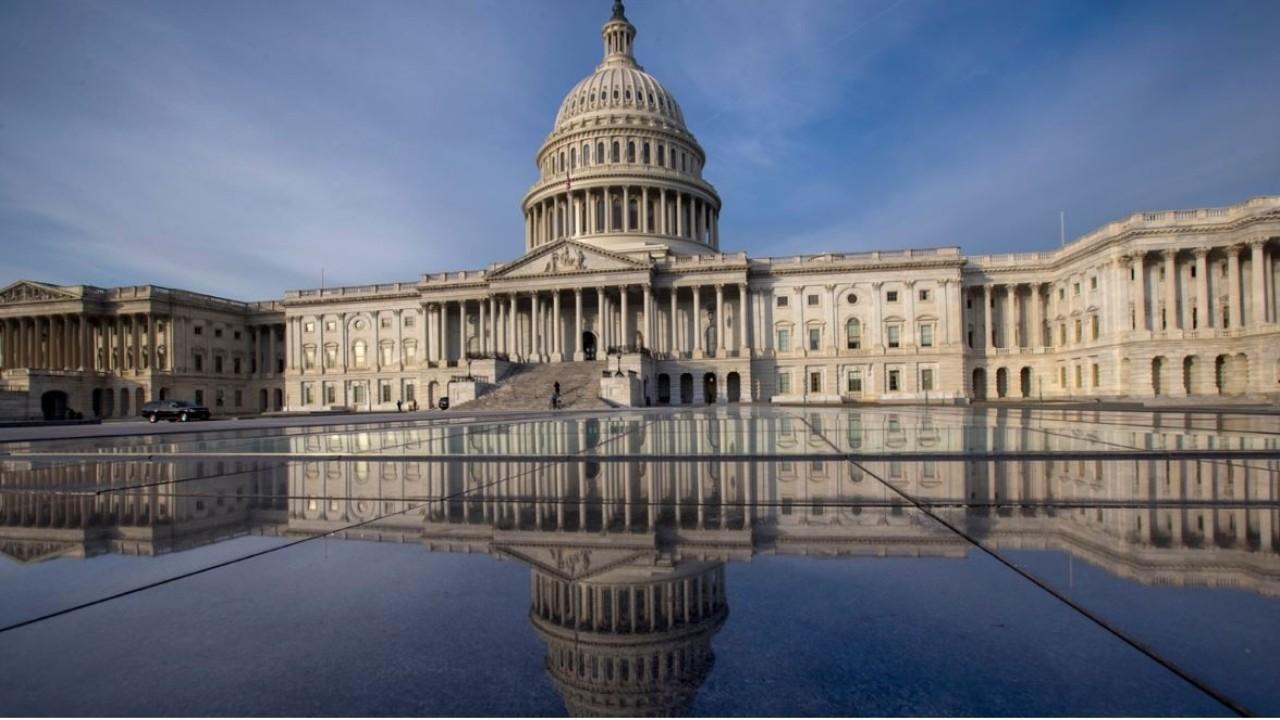What is a wealth tax?
A so-called wealth tax goes beyond an individual’s yearly income
Democratic presidential candidates Bernie Sanders and Elizabeth Warren have introduced sweeping proposals to reshape the U.S. that would be financed in part by a sizable tax on ultra-wealthy Americans.
A so-called wealth tax goes beyond an individual’s yearly income: It’s an annual tax on the net wealth that a person holds -- so their assets minus their debts.
Most Americans would likely not be hit with a wealth tax. Under the plans put forward by the progressive senators, only the richest Americans would be required to pay it. Warren’s tax would affect only people with more than $50 million, or about 0.1 percent of the population (75,000 people). Sanders’ would affect those with a wealth of over $32 million, or about 182,000 people.
WHAT IS A BROKERED CONVENTION?
If her wealth tax had been in place since 1982, some of the richest people in the world would see their fortunes greatly diminished (though they’d still be immensely wealthy). For instance, Bill Gates would have had about $13.9 billion in 2018, instead of $97 billion, according to estimates by two economists who advised Warren.
Right now, the 400 wealthiest Americans are worth a record-breaking $2.96 trillion, a 2.2. percent increase from 2018, according to Forbes. On average, each of those individuals would see their net worth drop by $3.1 billion, down from the current $7.2 billion. The calculations did not take into account any measures the billionaires might take to shelter their wealth from taxes, including increased charitable giving.
HOW MUCH MONEY CAN YOU DONATE TO A 2020 PRESIDENTIAL CANDIDATE?
There has never been a wealth tax in the U.S. In fact, tax law in the U.S. has become significantly less progressive in recent decades, according to a paper by the economists who advised Warren. All three traditional taxes -- the individual income tax, the corporate income tax and the estate tax -- have weakened. For instance, the top marginal federal income tax rate has fallen dramatically, from more than 70 percent between 1936 and 1980 to 39 percent in 2019.
Some critics warn that a federal wealth tax might not be constitutional.
If the case headed to the Supreme Court as it currently looks, it would likely be decided 5-4, with Chief Justice John Roberts as the swing voter.




















